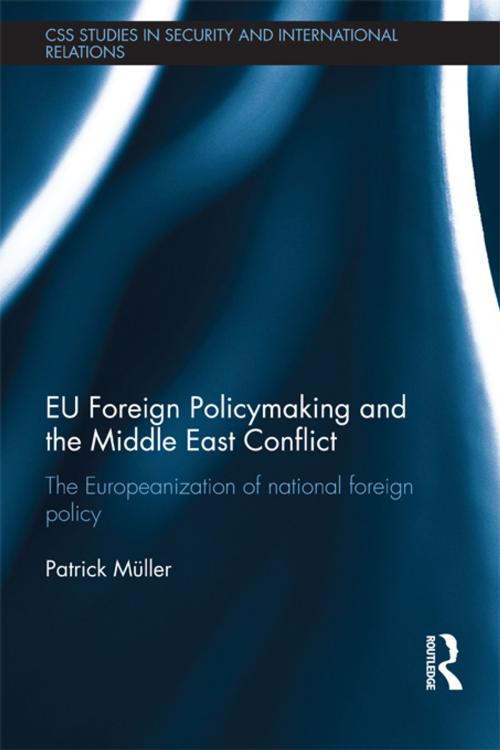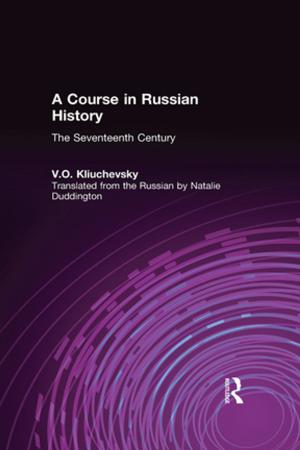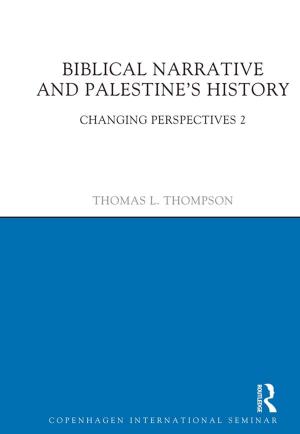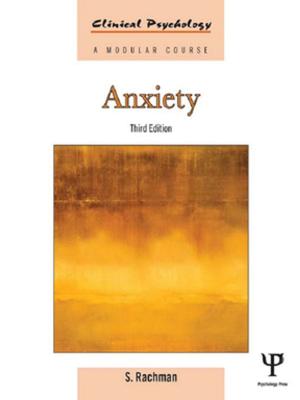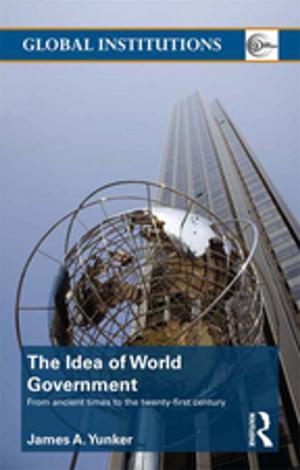EU Foreign Policymaking and the Middle East Conflict
The Europeanization of national foreign policy
Nonfiction, Social & Cultural Studies, Political Science, International, International Relations, History, European General| Author: | Patrick Müller | ISBN: | 9781136597367 |
| Publisher: | Taylor and Francis | Publication: | February 27, 2012 |
| Imprint: | Routledge | Language: | English |
| Author: | Patrick Müller |
| ISBN: | 9781136597367 |
| Publisher: | Taylor and Francis |
| Publication: | February 27, 2012 |
| Imprint: | Routledge |
| Language: | English |
This book examines the interplay between the national and the European levels in EU foreign policymaking, focusing on the Middle East.
European engagement in peacemaking in the Middle East dates back to foreign-policy cooperation in the early 1970s. Following the launch of the peace process in 1991, the EU and its Member States further stepped up their involvement in conflict resolution, focusing on one central area of EU engagement – the Israeli-Palestinian conflict. This book covers the period from the beginning of the peace process in 1991 until 2008, and focuses on the actions of the big three Member States: Germany, France and the UK.
Using the Europeanization concept as framework of analysis, the book examines the problematic dynamics between these Member States’ national foreign-policy models and the construction of a common European conflict-resolution policy. It also provides interesting new insights into the EU’s international role and potential, addressing the often neglected question of how Europeanization effects help to mitigate some of the classical limitations of European foreign policymaking.
The book will be of great interest to students of EU policy, Middle Eastern Politics, peace and conflict resolution, security studies and IR.
This book examines the interplay between the national and the European levels in EU foreign policymaking, focusing on the Middle East.
European engagement in peacemaking in the Middle East dates back to foreign-policy cooperation in the early 1970s. Following the launch of the peace process in 1991, the EU and its Member States further stepped up their involvement in conflict resolution, focusing on one central area of EU engagement – the Israeli-Palestinian conflict. This book covers the period from the beginning of the peace process in 1991 until 2008, and focuses on the actions of the big three Member States: Germany, France and the UK.
Using the Europeanization concept as framework of analysis, the book examines the problematic dynamics between these Member States’ national foreign-policy models and the construction of a common European conflict-resolution policy. It also provides interesting new insights into the EU’s international role and potential, addressing the often neglected question of how Europeanization effects help to mitigate some of the classical limitations of European foreign policymaking.
The book will be of great interest to students of EU policy, Middle Eastern Politics, peace and conflict resolution, security studies and IR.
